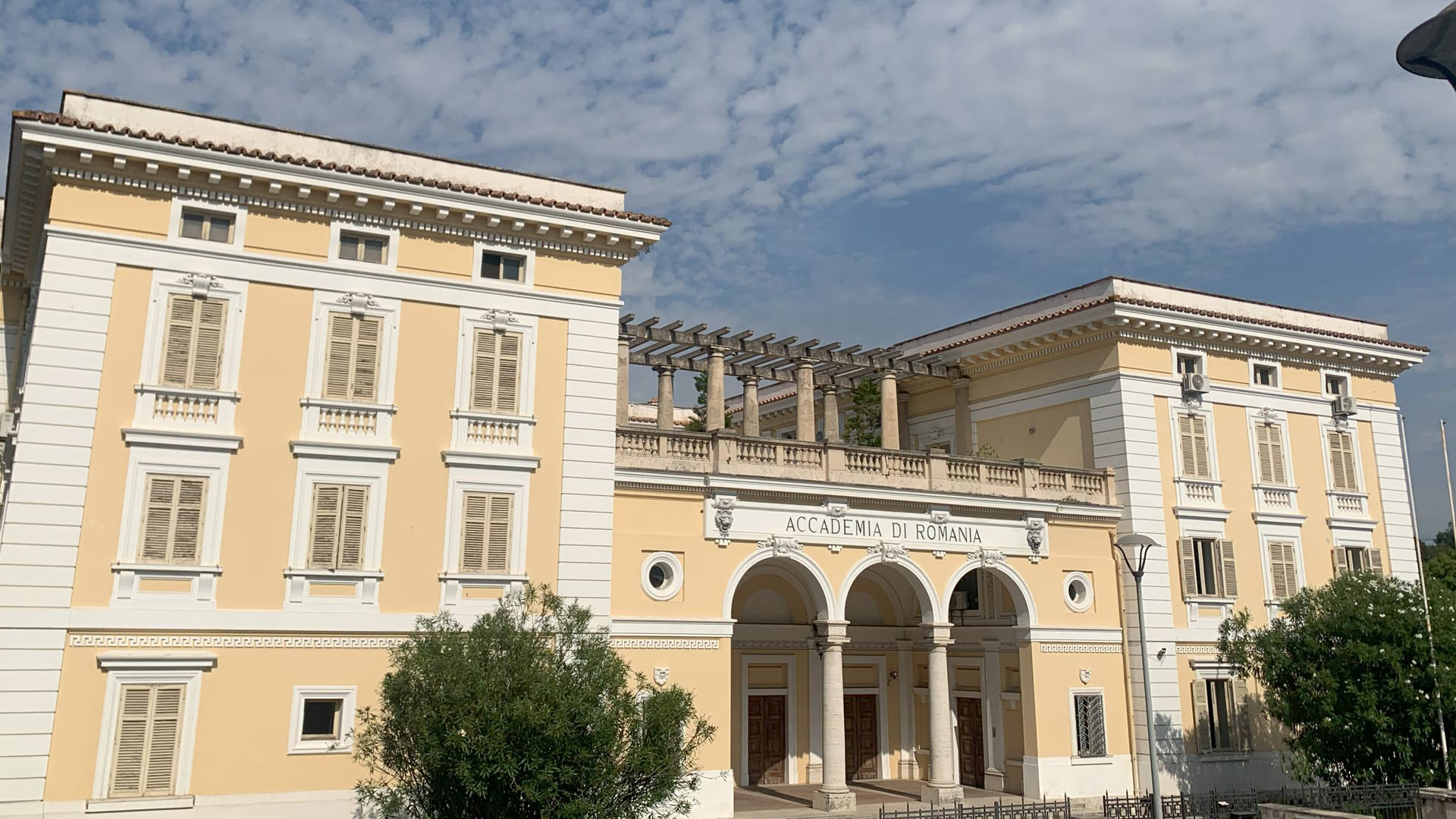
In one of Rome's most enchanting areas, a stone's throw from the splendid Villa Borghese park, stands the majestic Romanian Academy, run by the Romanian Ministry of Foreign Affairs and dedicated to promoting Romanian culture in Italy. A point of reference for universities, artists and cultural associations, this historical institution promotes dialogue between Romanian and Italian cultural realities.
The Romanian Academy: a history of culture, renaissance and beauty
The Romanian Academy was founded on the initiative of historian Nicolae Iorga and archaeologist Vasile Pârvan, its first director, following a 1920 law that provided for the establishment of two Romanian academies outside the country's borders – in Paris and Rome – and took its first steps in the winter of 1922 in a temporary location in the Parioli district. It was only in the early 1930s, thanks to the previous granting of land by the Governorate of Rome, that the institute's definitive seat took shape, inaugurated in early 1933 in the splendid Valle Giulia, known as the 'Valley of Academies', due to the current presence of prestigious cultural institutions such as the Egyptian Academy, the Royal Netherlands Institute, the British School, the Academia Belgica, the Swedish Institute and the Japanese Institute of Culture.
After joining the International Union of Institutes of Archaeology, History, and Art History in Rome in 1945, the Romanian Academy was closed from 1947 to 1969 at the decision of the Romanian political authorities and reopened under the name of the Romanian Library in Rome with the gradual improvement of relations between Bucharest and Western nations. The institution has progressively returned to its original mission since 1990, following the end of the totalitarian regime. It also assumed the role of Romanian cultural institute abroad since 2003 and re-joined the Institutes of Archaeology, History and Art History in Rome in 2005.
Friezes, stuccoes and geometries: the elegant architectural face of the academy
Framed by outstanding museums – the Galleria Nazionale d'Arte Moderna e Contemporanea and the ETRU – National Etruscan Museum of Villa Giulia – and prestigious cultural academies, the Romanian Academy stands at the centre of a spectacular area surrounded by greenery.
Designed by architect Petre Antonescu and inaugurated in January 1933, the majestic neoclassical building, characterised by delicate colours, friezes and stuccoes, stands out with its refined and symmetrical lines on the surrounding area: Piazza José de San Martin, the entrance side with three elegant arches, Viale delle Belle Arti, the imposing façade punctuated by monumental columns, and Via Omero.
The academy houses a concert hall, a studio for the artists, an exhibition hall, a lovely garden and an important library, the largest among Romanian libraries abroad, contains over 35,000 volumes, mainly dedicated to history, archaeology, architecture, art history and Romanian literature, as well as periodicals.
Photo turismoroma
Egyptian Academy
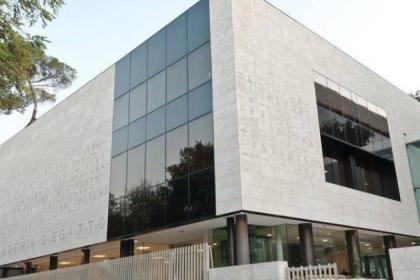
 Condividi
Condividi
The Danish Academy in Rome
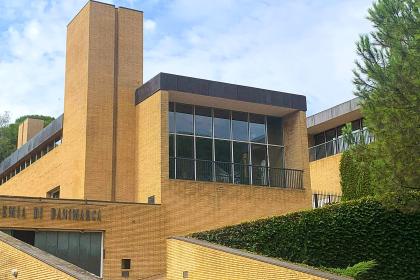
 Condividi
Condividi
Royal Netherlands Institute in Rome
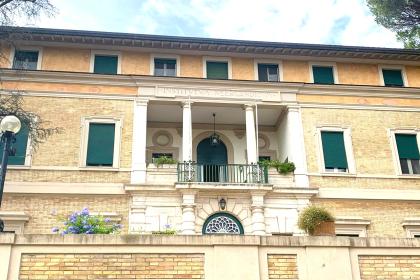
 Condividi
Condividi
Japanese Institute of Culture
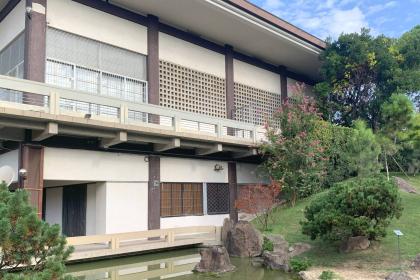
 Condividi
Condividi
The British School at Rome
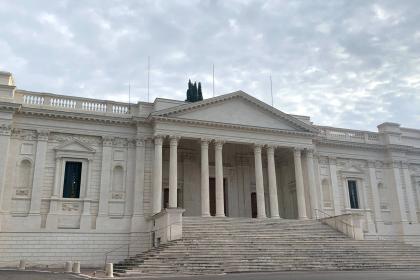
 Condividi
Condividi
Academia Belgica
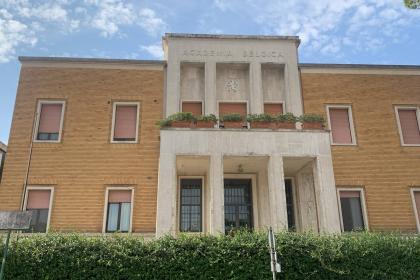
 Condividi
Condividi
Swedish Institute of Classical Studies
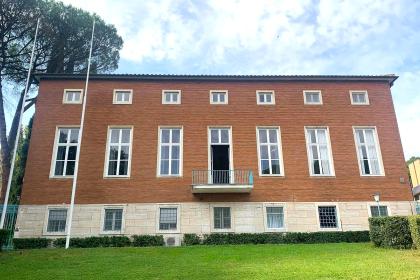
 Condividi
Condividi
Informaciones
For the opening times and guidelines please check the > official website
 Condividi
Condividi
Location
Para conocer todos los servicios de accesibilidad, visite la sección Roma accesible.












































